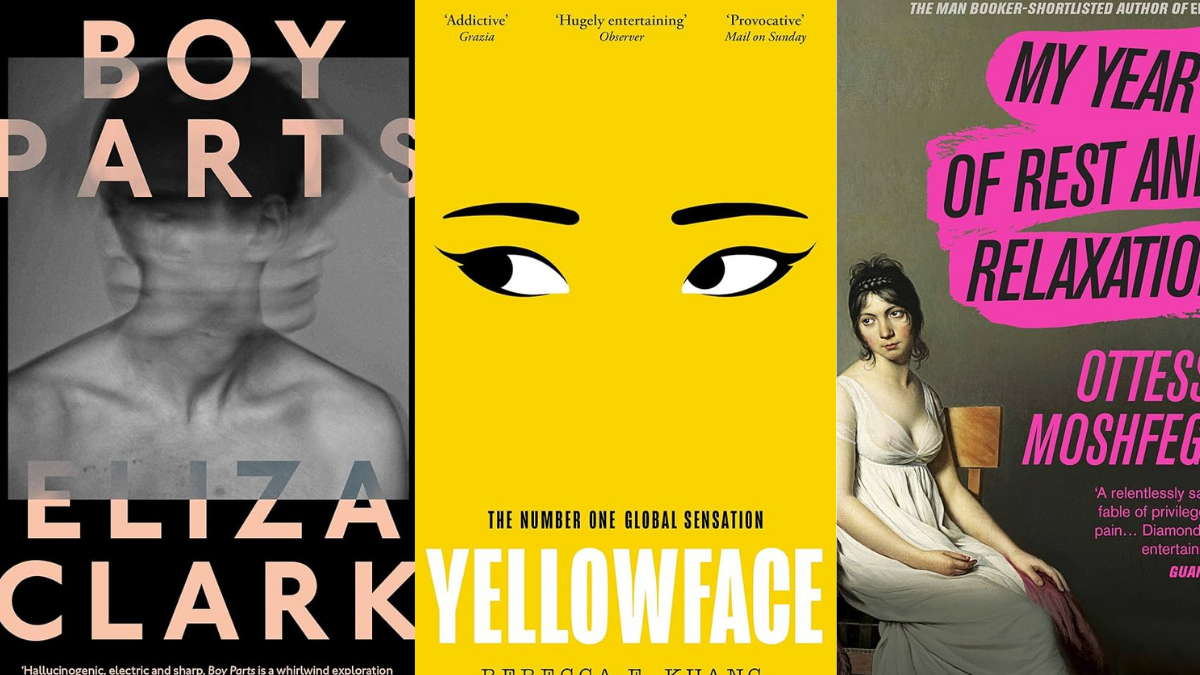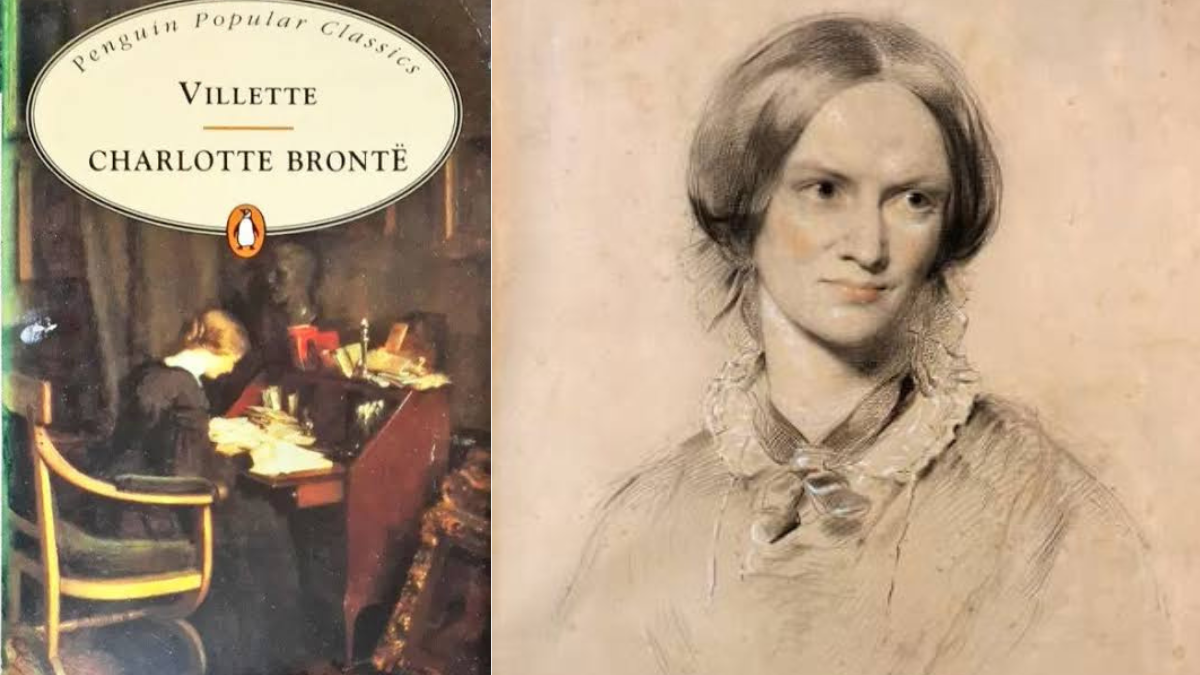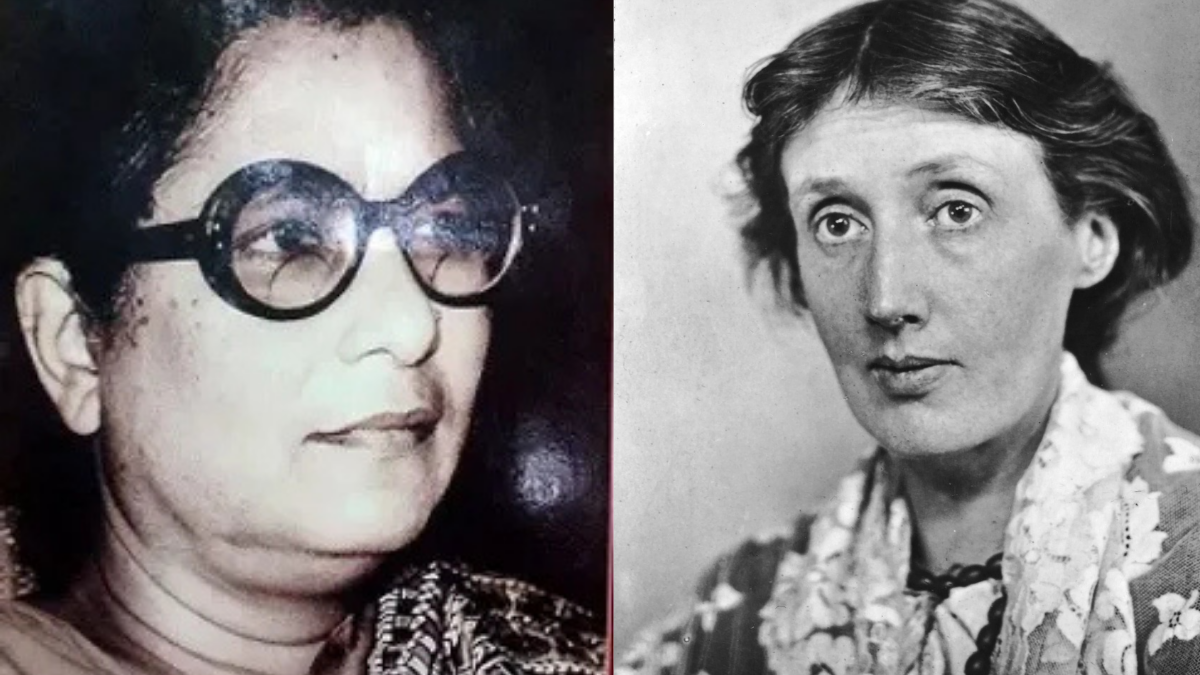A recent event in Agra to honour International Booker Prize winner author Geetanjali Shree was cancelled based on a complaint filed by a man who claimed that her book Ret Samadhi had objectionable and obscene remarks on Hindu deities and it “hurt the sentiments of Hindus”.
This incident throws light on the continuous restrictions on women’s freedom of speech. In May this year, Geetanjali Shree became the first Indian author to win the International Booker Prize for her book Ret Samadhi — translated in English as “Tomb of Sand” by American translator Daisy Rockwell. This achievement also marked the first for Hindi and Indian language pieces of literature.
A recent event in Agra to honour International Booker Prize winner author Geetanjali Shree was cancelled based on a complaint filed by a man who claimed that her book Ret Samadhi had objectionable and obscene remarks on Hindu deities and it “hurt the sentiments of Hindus”.
Despite going forward with the event honouring her exemplary achievement, organisers decided to cancel the event because a man based in a town in Hathras finds her work objectionable. This incident not only highlights how women are overly monitored for their opinions, and restrictions on women’s freedom of speech are always in place, but also shows increased religious intolerance in the country in the name of Hindu nationalism.
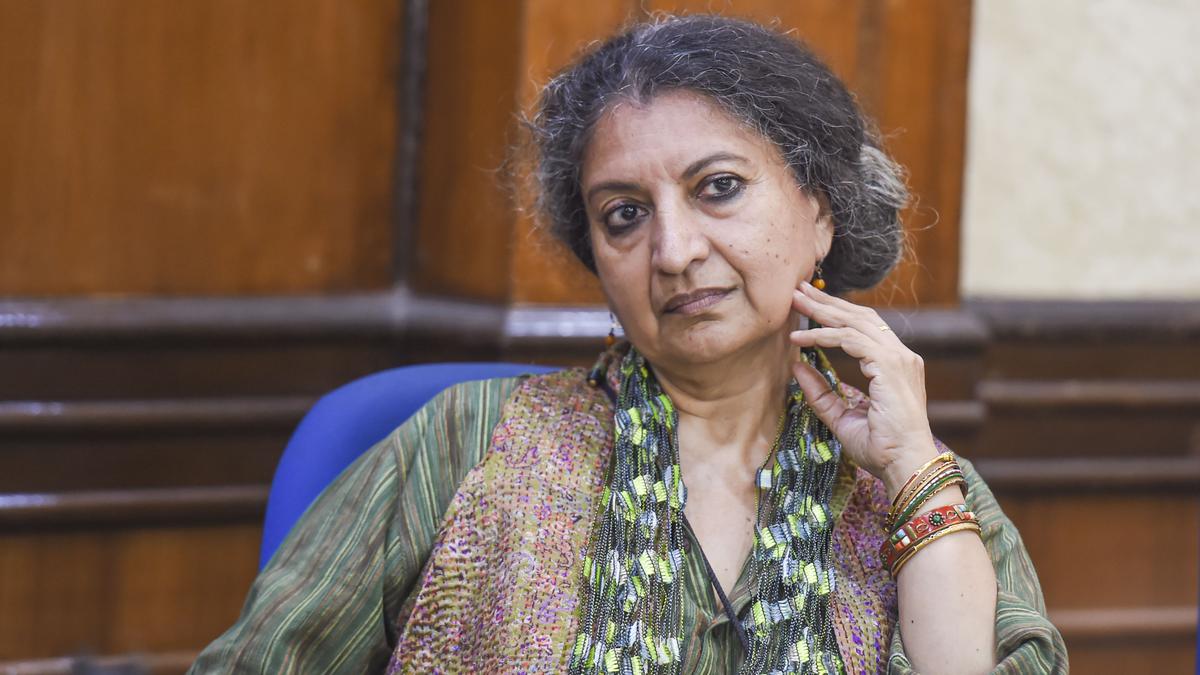
With the growing Hindu nationalism in India, it has become extremely easy for people to get offended and highly dangerous for people, especially women, to express their opinion. Women are reduced to online harassment and rape threats just for expressing their thoughts.
This is not the first time a woman’s opinion has become a national topic of discussion. Earlier this year, renowned actress Sai Pallavi said in an interview, “The Kashmiri Files showed how Kashmiri Pandits were killed at the time. If you are taking the issue as a religious conflict, recently, a Muslim driver, who was transporting cows, was beaten up and forced to chant ‘Jai Shri Ram.’ So, where’s the difference between these two incidents? We have to be good human beings. If we are good ones, we won’t hurt others. To answer your question, justice won’t be there either on the side of the right or the left, if you are not a good human being. I’m very neutral.”
Despite going forward with the event honouring her exemplary achievement, organisers decided to cancel the event because a man based in a town in Hathras finds her work objectionable. This incident not only highlights how women are overly monitored for their opinions, and restrictions on women’s freedom of speech are always in place, but also shows increased religious intolerance in the country in the name of Hindu nationalism.
Though her statement signifies how harassing people based on religion, be it any religion is bad, she was soon scrutinised for her views. All she meant to say was that don’t kill each other, which she has even emphasised later in her interviews. There was no need to take an offence in an opinion that was intended to establish peace in some way.
West Bengal politician Mahua Moitra’s remarks on Kali being a meat-eating and alcohol-accepting goddess and that every person has the right to worship gods and goddesses in his or her own way led to an outrage on social media.
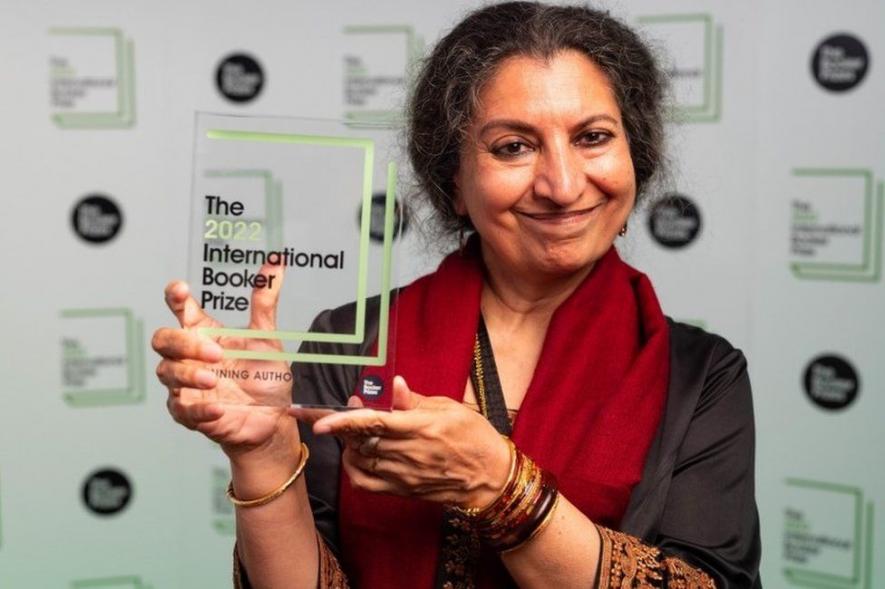
Her post soon went viral. A lot of people found it offensive even though in some parts of Bengal, during Kali puja, goats are actually sacrificed, and puja is incomplete without alcohol. India is a diverse country, and different parts of India have different ways of celebrating a festival.
A statement that is factually supported by many from that region became so outrageous that even her political party had to abstain from her opinion. Trinamool Congress party (TMC) stated that her statements are personal and it doesn’t represent the party’s views in any way.
The biggest question is, why were her statements supposedly so offensive? Why is it hard to picture a festival of the female goddess with alcohol and meat? It’s time to walk past the misogynistic nature of women’s opinions and respect their views. There’s no need to monitor every activity of women as it will only further establish fear amongst women.
Women in a vocal professions like journalism and politics are easy targets and are always the victim of online abuse. While all women are targeted, minority women, especially Muslim women politicians, face the most abuse. According to a report on 95 politicians during the 2019 Lok Sabha elections by Amnesty India, Muslim women politicians faced 55% more abuse than others.

Women are not only abused for their opinion but also on the basis of their gender, race, caste, and religion.
Another BJP politician Shazia Illmi had said that, “Being a Muslim woman sometimes becomes a huge burden. I am subjected to so much [more] hate than a Muslim man. Only 25% of what I get is based on the content of my politics, 75-80% is about being a woman and a Muslim woman.”
It’s not only women in politics who face the wrath of people, but women in journalism are also subjected to scrutiny. A female journalist covering the story of the horrible gang rape of a Dalit girl in Hathras, UP, witnessed her phone messages being closely monitored and made public.
Journalist Rana Ayushi has continuously been trolled and harassed online and by the media for her views on current BJP government policies. There are various forms of abuse faced by women for expressing their opinion, but rape threats, kidnap threats, and death threats have become highly common. Cyber crimes such as #Sulli Deals and #Bulli Bai apps that had put women journalists, especially Muslim women journalists, up for auction are the lowest the society can get.
While the internet provides a platform for women to express their opinion, women’s online harassment has become a new normal for many. Whenever a woman expresses her opinion, the comment section is filled with all kinds of sexist comments.
The ability of women to exercise their right to freedom has helped in fighting various patriarchal norms and gender-based discrimination and has contributed to uplifting their status.
It has also contributed to the growth of a society in which women have the freedom to unionise, manage their own bodies, and enjoy equality before the law. If women continue to face dangerous threats for just expressing their views, then it will impact the development of the nation.
Also read: The ‘Buts’ To Freedom Of Speech In India
A woman will fear to speak out, and it will drive them offline and restrict their journalistic reporting. It will loosen their ability to challenge discrimination and build a gender-neutral society.
Be it an actress, a politician or an author, a woman can have their own views and they shouldn’t be criticised because they express their views.
Also read: Freedom Of Expression Or Medium For Violence?: The Dignity Of Women In Cyber Discourses
Featured image source: The Hindu
About the author(s)
Pragati Parihar is a masters student, studying International Relations at University College Dublin, Ireland, and is highly interested in topics such as feminism, gender based violence, and gender representation in politics. Also a travel enthusiast and an avid reader of mythology!

